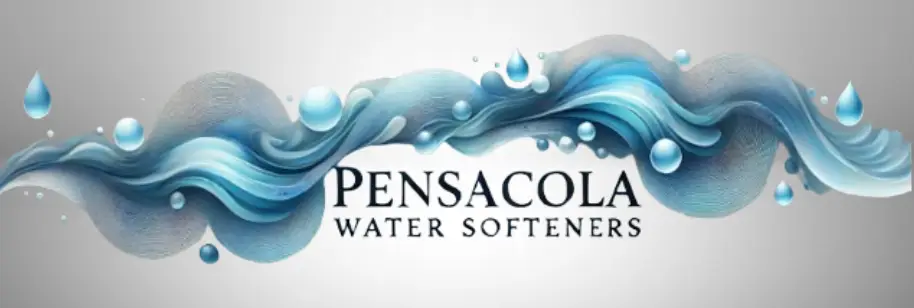
Hard water is a common issue that affects many households around the world. It is characterized by high levels of minerals such as calcium and magnesium. While hard water is generally safe to drink, it can cause several disadvantages when it comes to everyday tasks and household appliances.
One of the main disadvantages of hard water is the negative impact it has on our skin and hair. The minerals in hard water can leave a residue on causing our hair to become dull, brittle, and difficult to manage. Additionally, hard water can make it harder to lather soap and shampoo, leading to increased product usage.
Another disadvantage of hard water is its effect on household appliances. The minerals in hard water can build up in pipes, faucets, and appliances such as dishwashers and washing machines. This can lead to reduced water flow, clogged pipes, and decreased efficiency of appliances. Over time, the mineral buildup can cause irreversible damage and result in costly repairs or replacements.
In addition, hard water can leave unsightly stains on dishes, glassware, and bathroom fixtures. The minerals in hard water can react with soap and detergent, leaving behind a residue that is difficult to remove. This can make cleaning more time-consuming and less effective, requiring the use of harsher chemicals or more frequent cleaning.
Lastly, hard water can also have an impact on energy consumption. The mineral buildup in appliances can cause them to work harder and use more energy to achieve the same results. This can lead to higher utility bills and a larger carbon footprint.


